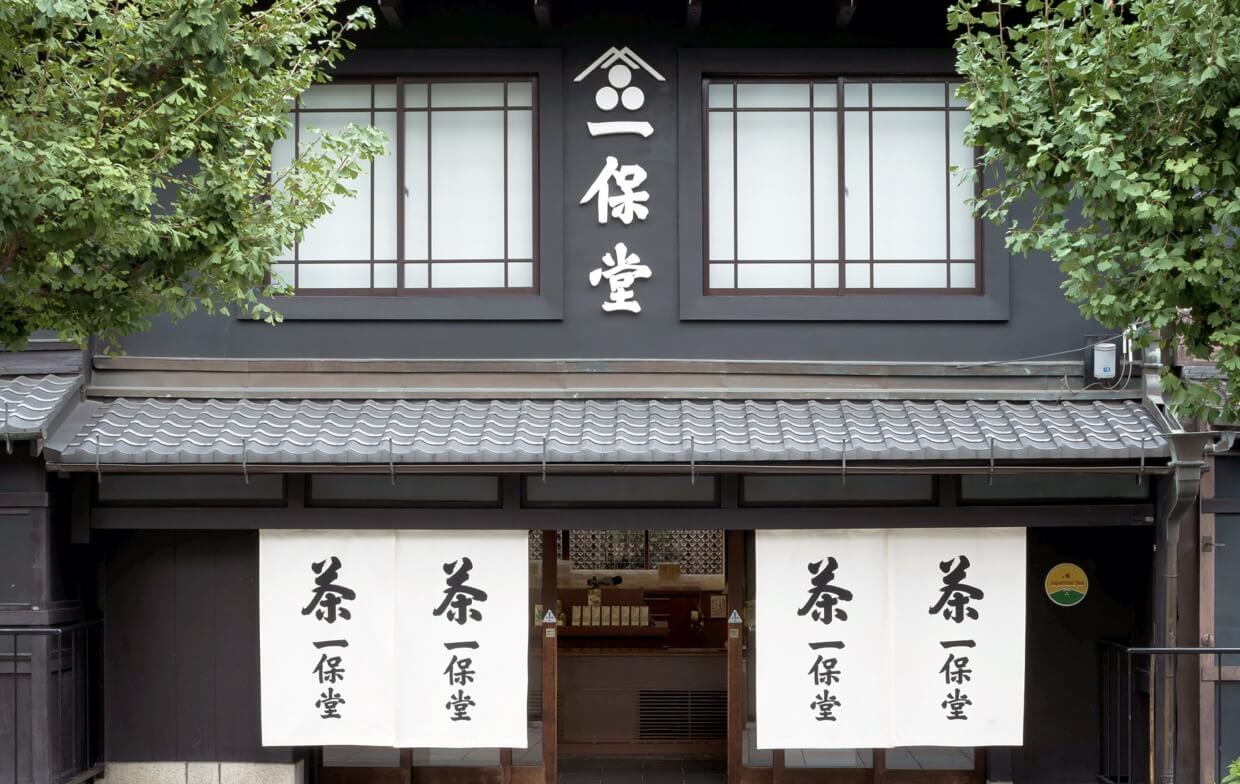Are Ippodo's teas tested for radiation?
In 2011, in response to the nuclear disaster following the Great East Japan Earthquake, we started testing all four types of our tea (matcha, gyokuro, sencha, and bancha) for radiation through a 3rd-party organization (Japan Food Inspection Corporation). Specifically, we tested for Iodine-131, Cesium-134, and Cesium-137, following Japanese government recommendations on which radioactive substances to test for in food items.
The frequency of the tests was once per year, as our teas are harvested only once per year.
Since the start of the tests in 2011, none of the tested radioactive substances have been detected.
After almost a decade of testing and confirming that our teas are safe, we have stopped doing the annual tests. The tea plantations that produce our tea are in a limited area, and have not changed over the years.




